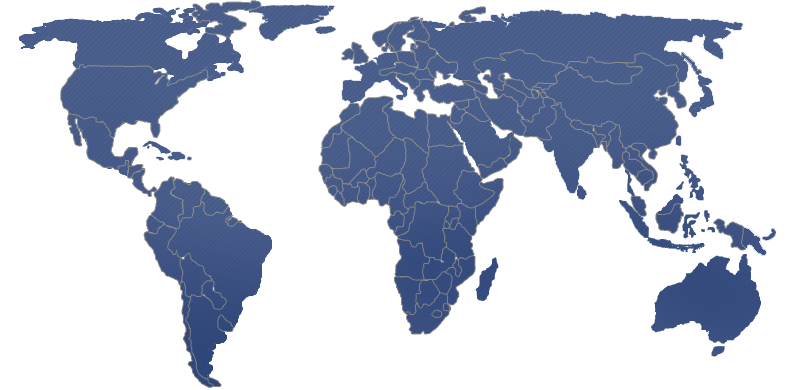Soon it will be time to send in your college applications, and you’re trying to identify the schools that will work best for you. Making a list of target colleges certainly requires a lot of time and research, but how can you narrow down that list to a few realistic options? One of the best ways to get to know a college is to schedule a campus visit. By touring the campus, seeing the classrooms, and meeting students and faculty, you will get a feel for the college’s unique characteristics; as a result, it will be much easier to determine whether you want to apply to that school. Visiting potential colleges is an important Ivy League admission strategy.
Even though you have many resources at your disposal to help you get acquainted with potential colleges—such as virtual tours, blogs, and even conversations with alumni—nothing can adequately substitute for a campus visit. In this article, we discuss some important considerations for planning college visits and then examine strategies for making the most of your time on campus.
Planning a College Visit
Generally, the best time to schedule your college visits is during the spring of junior year. When planning your visits, consider how much time you have available, the distances you’re willing to travel, and how much you are willing to spend.
Since one of the main purposes of visiting college campuses is to help you refine your preliminary college list, you should visit as many of your top target schools as possible. Still, don’t feel that you have to visit every school on your preliminary list. In fact, carefully choosing which colleges to visit should help you narrow down your list to 10–12 schools.
Get to Know the School
While visiting college campuses may be exciting and enjoyable, the main goal of the visit is to get to know the school well. Therefore, make sure to be engaged and pay attention during the visit. You should take in the campus, watch the students and faculty, and try to get a feel for the overall culture and atmosphere of the college.
Attend the Information Session and Take the Tour
Information sessions and tours can be invaluable resources. Be sure to ask questions, talking to admissions officers, tour guides, students, and even faculty members whenever possible. For example, you can ask the admissions officers about the application process; inquire about what they look for in applications and essays, how financial aid requirements affect admissions decisions, and what kinds of students seem to thrive at the school.
Spend Unscheduled Time Exploring Campus
In addition to attending the information session and taking the tour, take time to explore the campus on your own. You might scan some bulletin boards to get a sense of upcoming activities, watch how students interact with one another, and ask any questions you have along the way.
Document Your Visit
Whenever you visit a college, carefully process what you see: you’ll be taking in a lot of information relatively quickly. If you don’t document what you learn during each visit, it might be difficult to keep track of each school’s characteristics when refining your list of colleges. Immediately after a visit, write down what you liked and didn’t like about the school, what stood out, and any other thoughts about the experience. Try to be as specific as possible.
College visits are key to crafting a realistic and balanced list of potential schools; make the most of each visit by following the above Ivy League admission strategies. Ivy League Prep would be delighted to provide further guidance on how to gain acceptance to your target schools.






